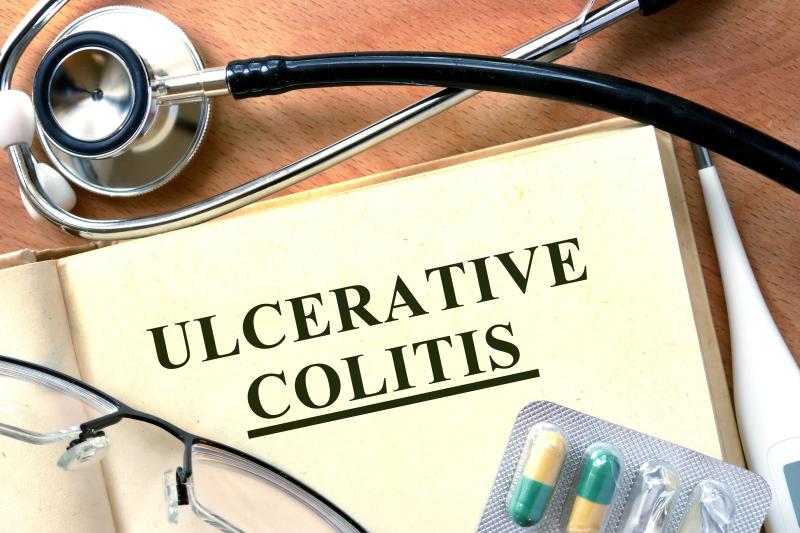
Treatment with etrasimod 2 mg yields clinical and endoscopic improvements in patients with moderately to severely active ulcerative colitis (UC), according to the results of a phase II trial.
The trial randomized 156 adult UC outpatients with modified Mayo Clinic scores (MCSs) of 4–9, endoscopic subscores of ≥2, and rectal bleeding subscores of ≥1 to receive 12 weeks of treatment with once-daily etrasimod 1 mg (n=52), etrasimod 2 mg (n=50), or placebo (n=54).
At week 12, the primary endpoint of mean improvement in modified MCS from baseline was significantly greater with the active drug at the higher but not at the lower dose vs placebo. Specifically, scores in the 2-mg and 1-mg dose groups were higher by 99 points (90 percent confidence interval [CI], 0.30–1.68; p=0.009) and 0.43 points (90 percent CI, –0.24 to 1.11; p=0.15), respectively, than in the placebo group.
Likewise, the difference in the number of patients who achieved endoscopic remission was significant only in the higher-dose etrasimod group vs placebo (difference vs placebo; 2 mg: 24.4 percent, 90 percent CI, 9.8–39.0; p=0.003; 1 mg: 4.1 percent, 90 percent CI, −9.1 to 17.2; p=0.31).
Most adverse events were mild to moderate in severity. There were three patients who developed a transient, asymptomatic, low-grade atrioventricular block that resolved spontaneously and did not recur with further dosing; the two patients had evidence of atrioventricular block prior to etrasimod exposure.
Further clinical development of etrasimod for UC is warranted, researchers said.